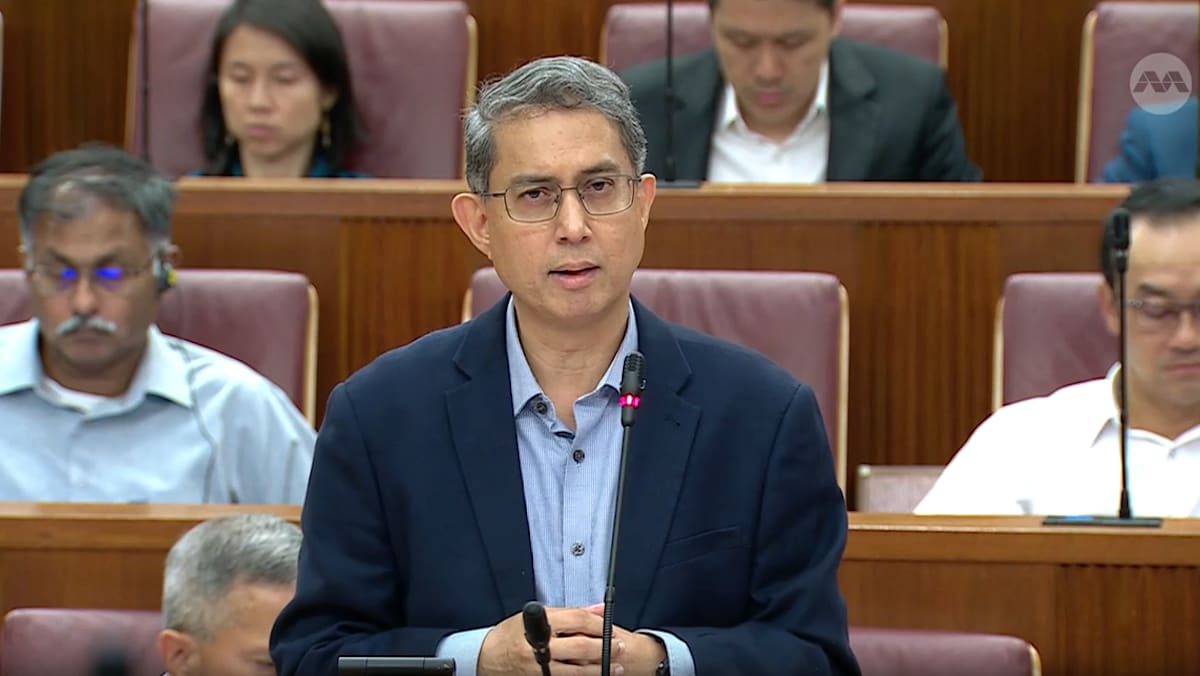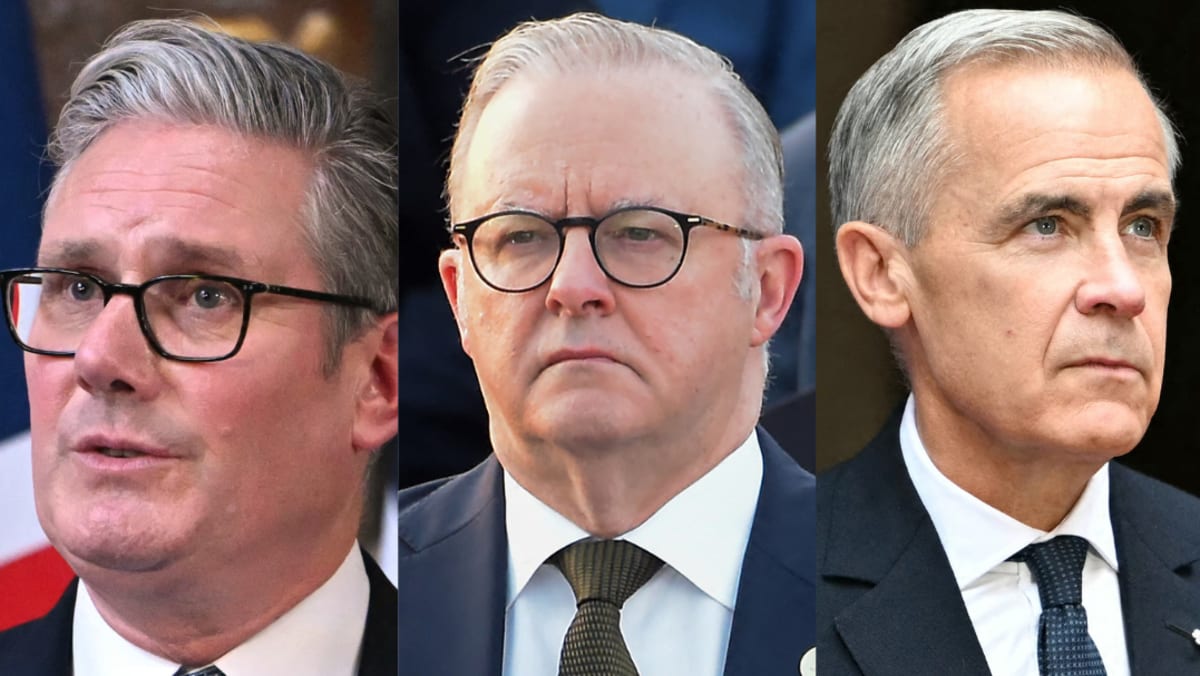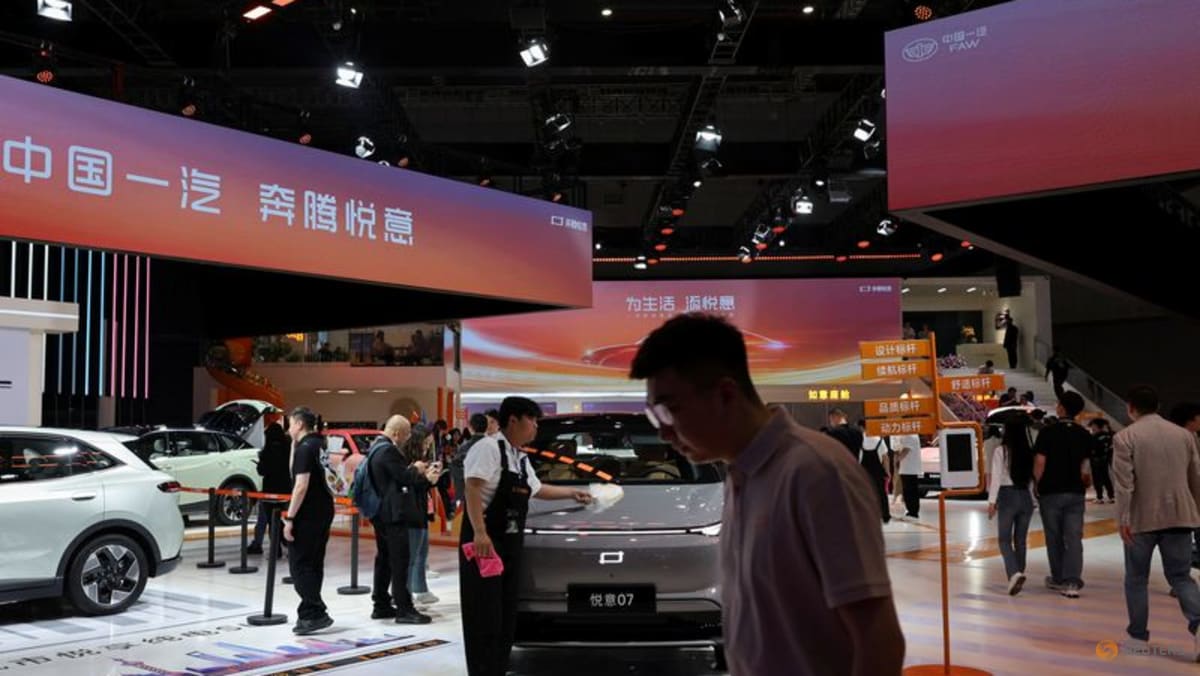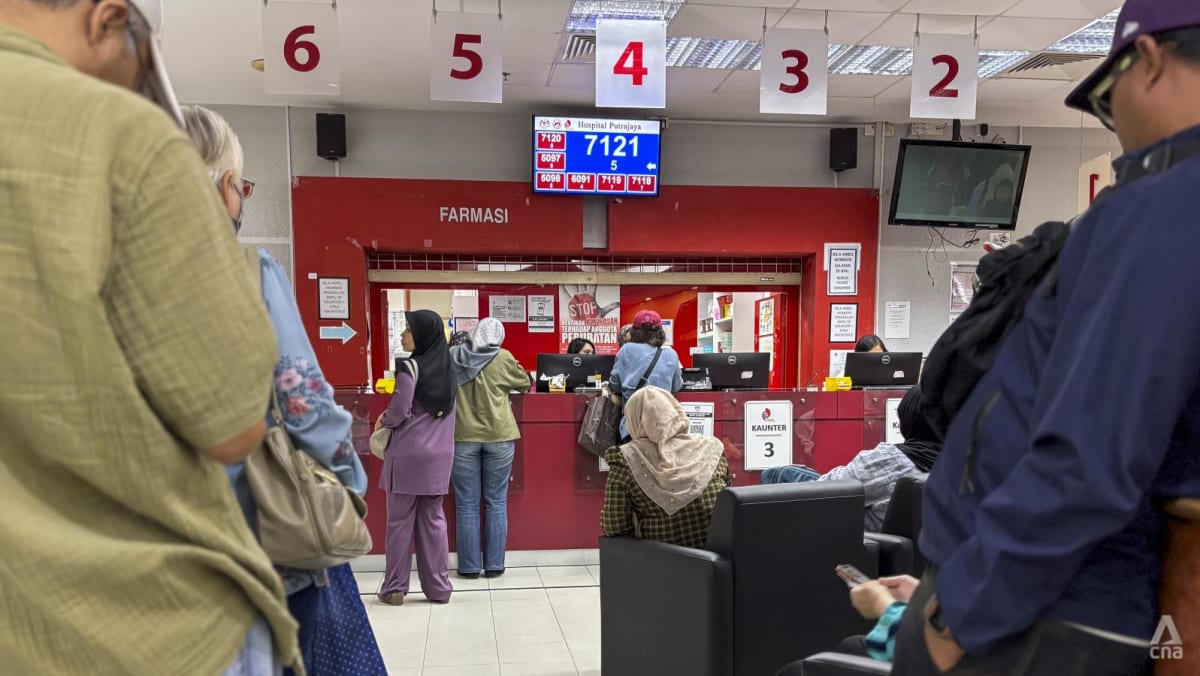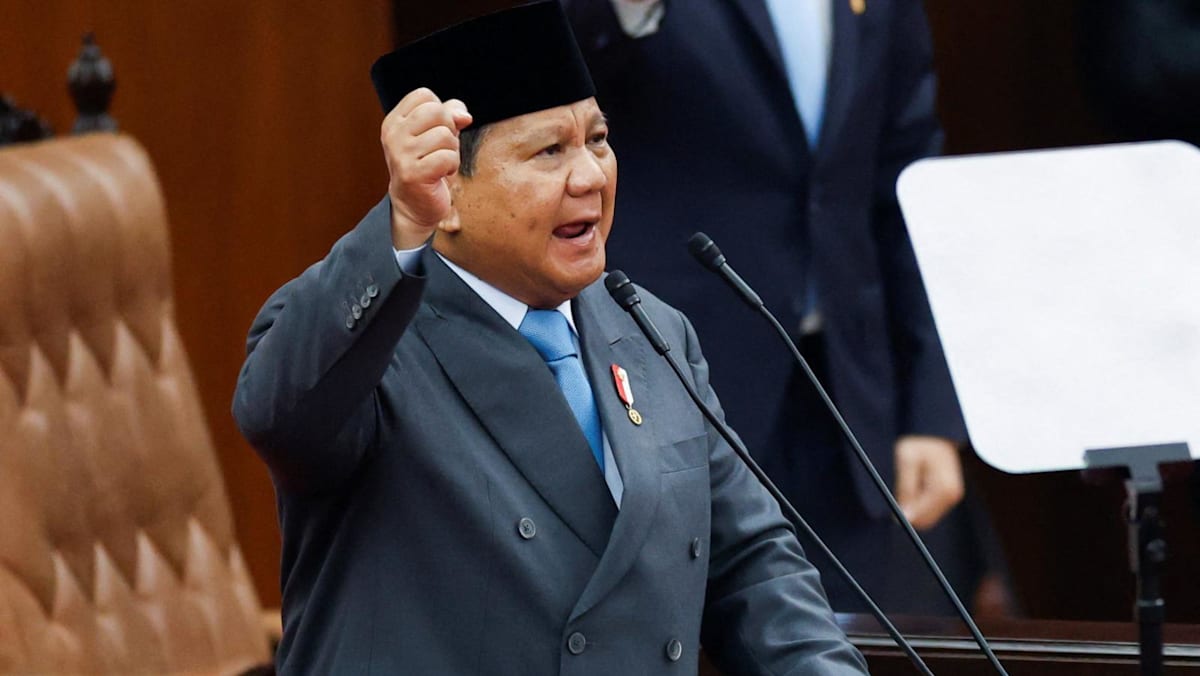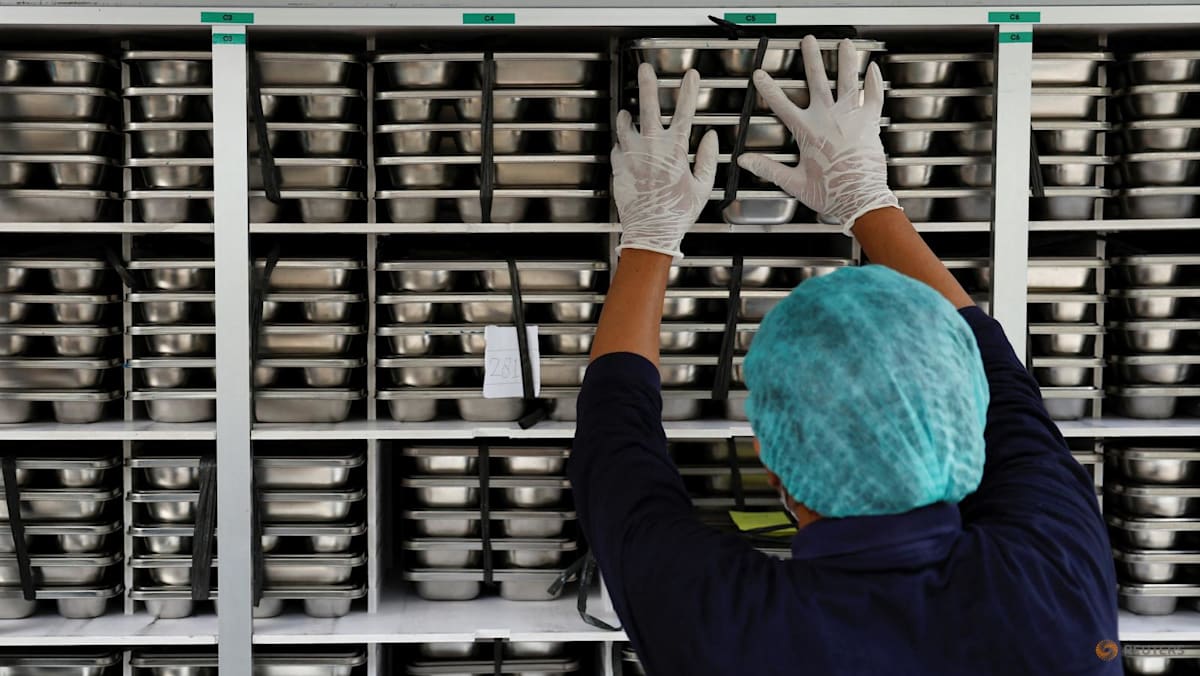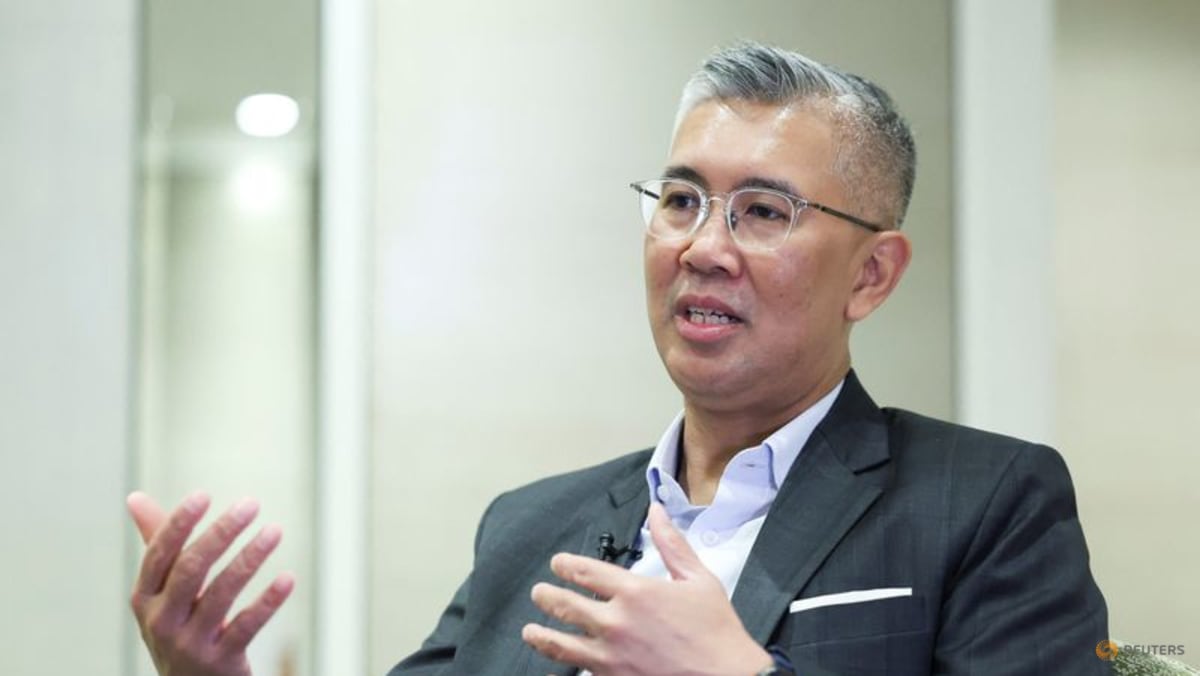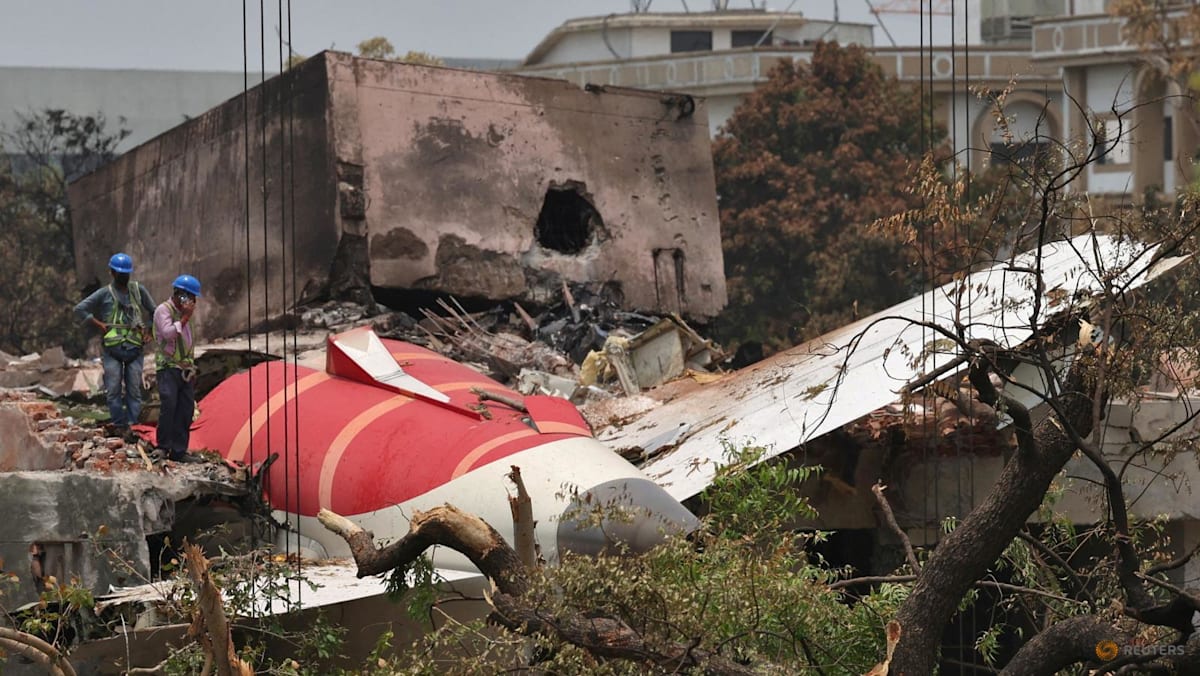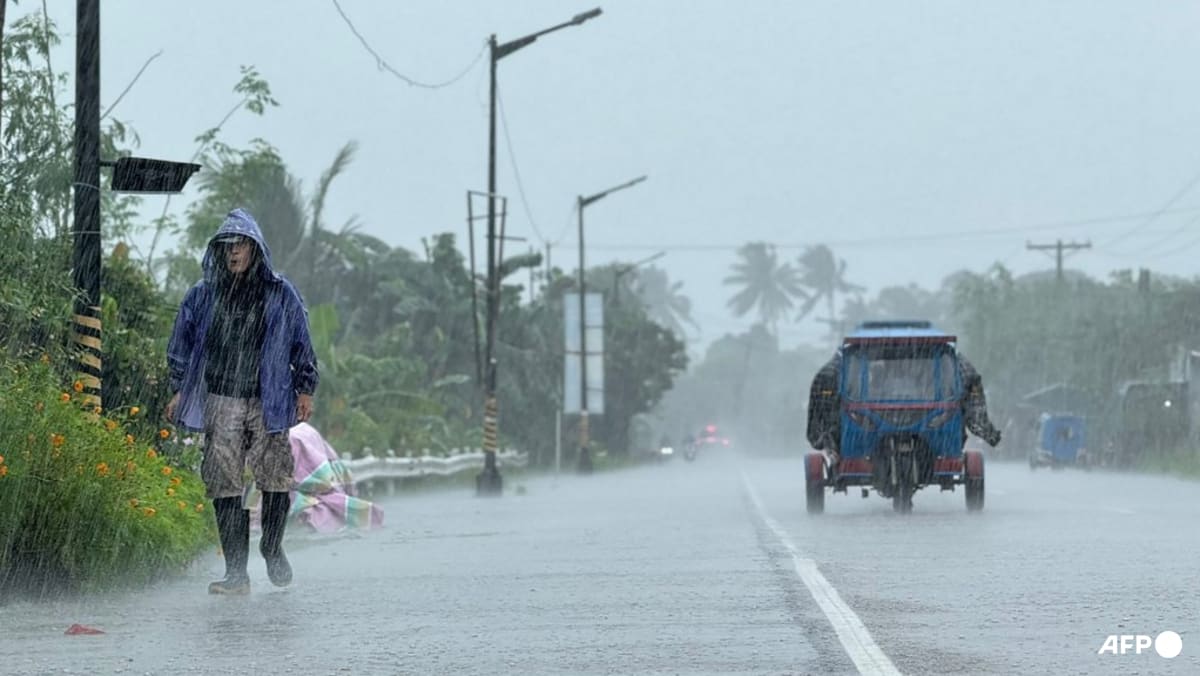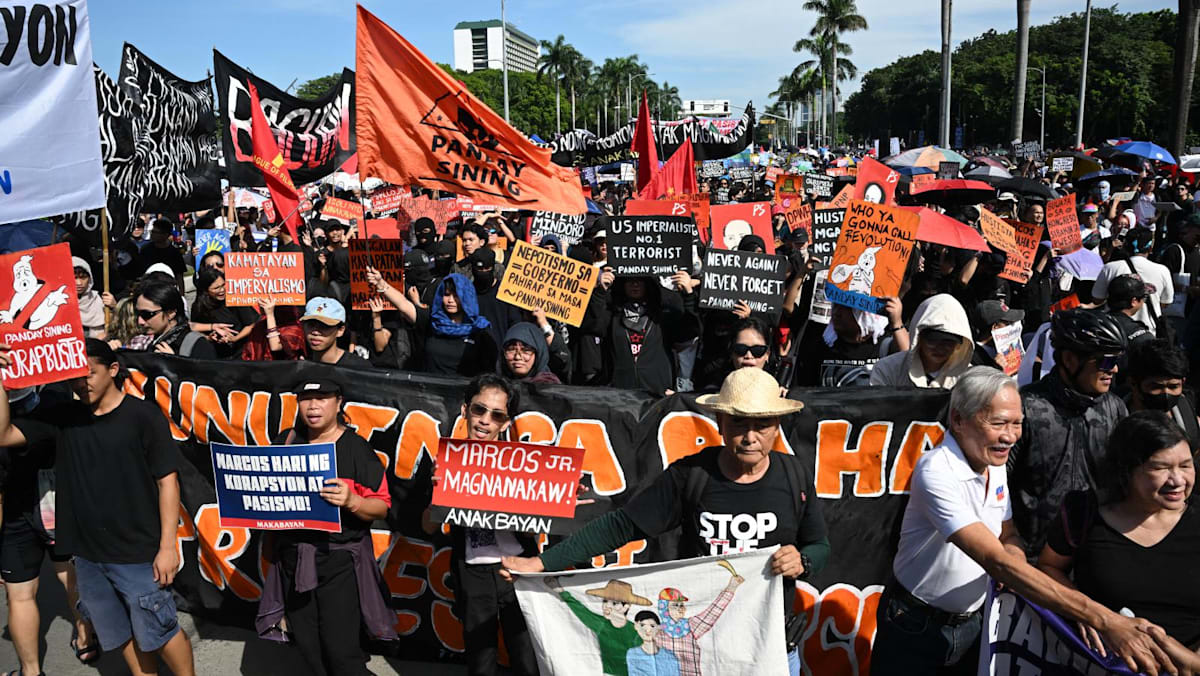While Khazanah Research Institute’s Ilyana noted that Rakan KKM has considered and attempted to address issues faced by FPP, it is hard to definitively say if the latest initiative would have more success.
The fact that Rakan KKM – unlike FPP – has the backing of MOF and GLICs will ensure that some money is channelled back to the healthcare facility and benefit those who are not paying the premium charge, she said.
Rakan KKM also ensures that all healthcare staff are paid. Under FPP, only the specialists are paid, while the rest of the money goes back to a consolidated fund without being earmarked for healthcare.
“However, there is a need to be wary that the chase for profits does not overshadow the public healthcare system’s longstanding mandate of providing universal healthcare,” Ilyana added.
“It is key that strict regulations or policies are put in place to ensure that there are quotas or limits to the capacity of Rakan KKM.”
RETAINING PUBLIC HEALTHCARE TALENT
With that said, Ilyana believes one of Rakan KKM’s main benefits is its potential to retain specialists, something she said could be seen in other countries that have a dual practice model, such as Australia, France and the United Kingdom.
“Currently, specialists within the public sector in Malaysia are already using their free time and flexi hours to perform locum work to supplement their income in the private sector,” she said, referring to an arrangement that allows specialist doctors to work four days a week with the additional day off used for work in the private sector, in a bid to reduce attrition rates.
“Through Rakan KKM, there is now an avenue for them to utilise their skills in the public system during their non-working hours. This would also not only provide side income for these specialists but also the other auxiliary staff such as nurses who assist in the procedures.”
MOH clarified that healthcare workers who choose to spend their “extra time” on the Rakan KKM programme stand to earn additional income, while those who choose not to participate in the initiative will not be disadvantaged in any way.
MOH needs to explain what this extra time comprises, Manvir from Vital Signs said, noting that some cardiology specialists were already working until as late as 10pm each day to clear a backlog of cases.
